
Making an Impact with Community Solar
With all the disparities that affect both lower and medium-income households coming to light, we at NATiVE Solar want to help shed light on equitable solar – how solar should be something equitable for all. This was the inspiration for today’s article. We want to highlight some of the benefits that all communities, regardless of classification, can enjoy the impact and savings of the solar community.
What’s in place to help these communities?
The main attraction and draw to solar is the lower energy bill. This is also one of the more impactful ways solar serves these communities. Lowering one bill means more money to allocate to other household expenses.
More benefits…finance the savings!
There are also many new financial programs put into place to help with the upfront “initial” cost that often deter a lot of lower and medium-income families. In addition to regional banks, credit unions, and trusted lenders, programs such as Property Assessed Clean Energy (PACE) provide mechanisms for homeowners to finance that upfront cost through property taxes as well as the federal tax rebate.
In Texas, residential PACE is under development, but Commercial PACE (CPACE) is available and a great option for developers. In Texas, we also have organizations to help eliminate and understand the opportunities and obstacles these communities may face. As an example, TEPRI’s mission statement is “to inspire long-lasting change in low-income communities”. The government has also stepped in and new policies and procedures are under development to help both low and medium-income communities embrace mutually equitable solutions.
Coordination and Cooperation
Utilities and Coops (cooperatives such as PEC) in competitive markets like ERCOT will play an increasing role to engage these communities and allow access to fair rate plans and share in the benefits of their renewable energy investment. These programs range from virtual to traditional net metering, but are rapidly evolving as new software startups launch platforms that adapt to, and engage the new “prosumer”. As an example, net metering is where a homeowner can get credited if their solar panels pull in more energy than their home consumes.
Community Impact
Not only does solar energy give cash back incentives to low and medium-income communities, it allows communities to make a positive environmental impact. The use of solar panels limits the use of coal which eliminates how much CO2 is being emitted into their air. It also allows these families to go green and do their part to help create a long-lasting change that not only affects us now but the future generations to come.
Solar by design should be available to many, regardless of socio-economic class. The renewable energy transition should allow for everyone to take part in decarbonization and cleaner energy solutions. At NATiVE Solar, we continue to innovate and create ways for low and medium-income communities to capitalize on these opportunities, save on their utility bill, potentially get cash back, and to GO GREEN.
The Future is Solar.


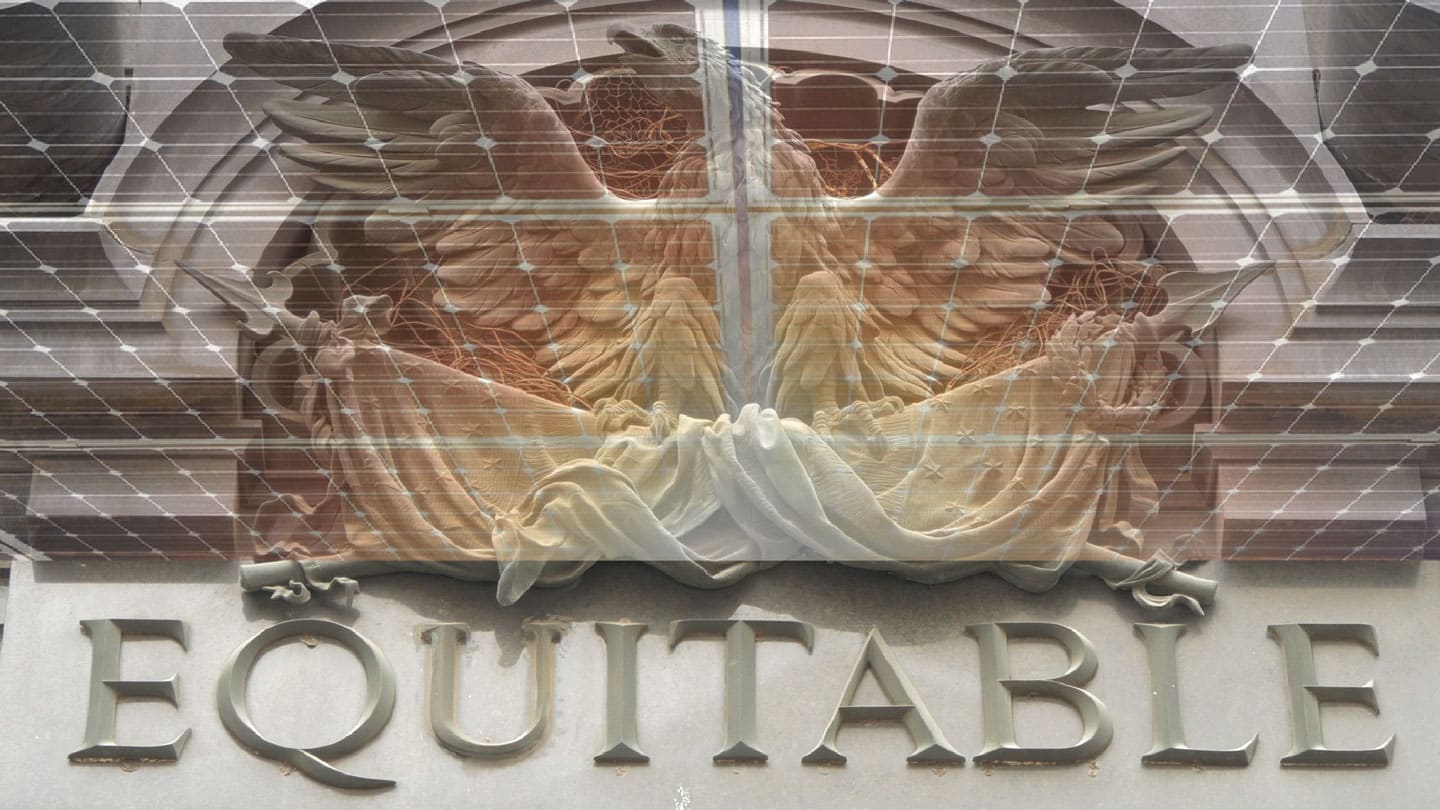





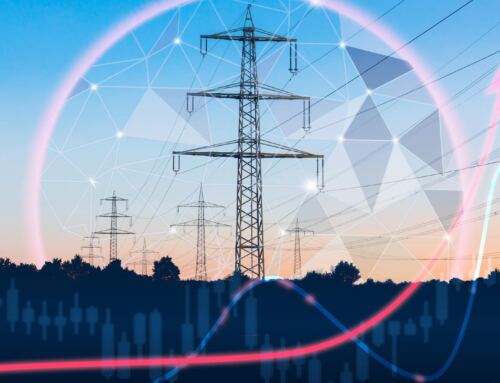

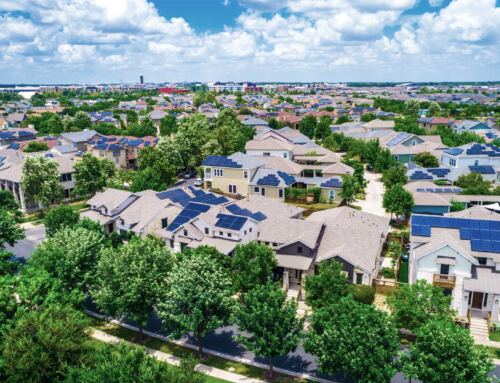
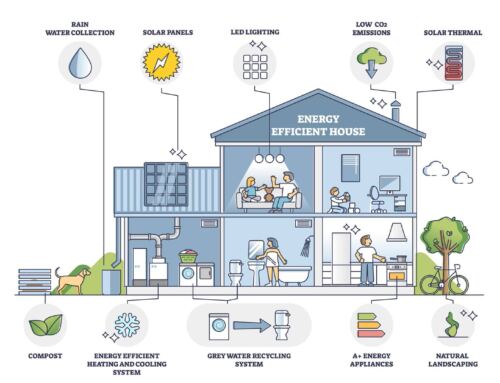

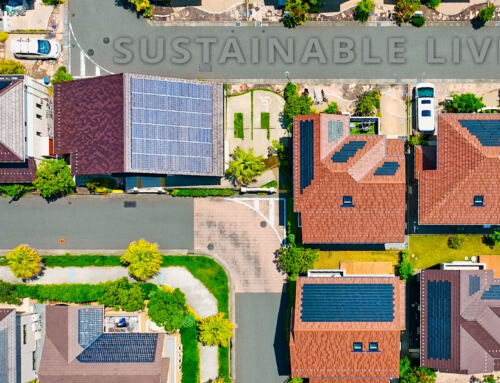




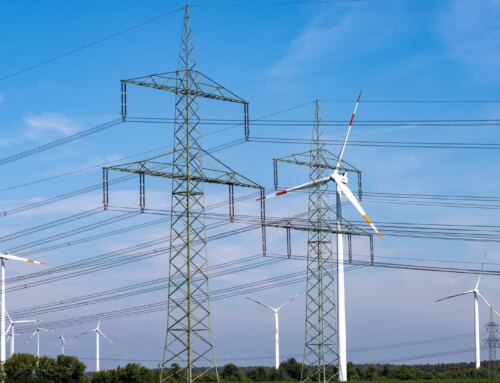


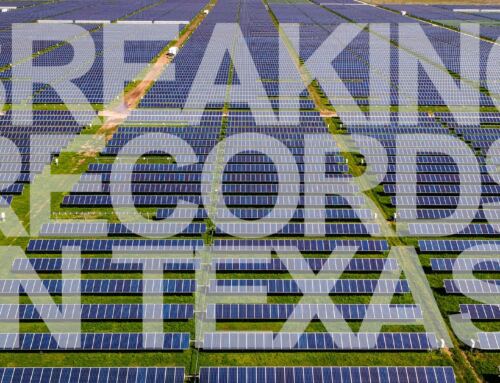



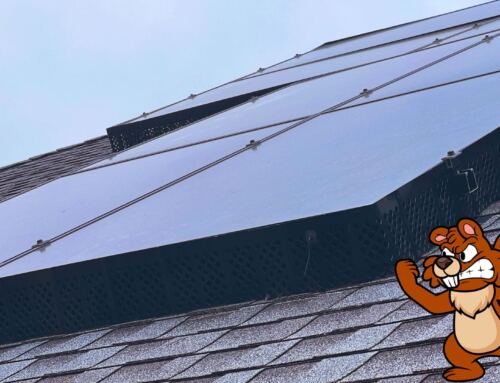


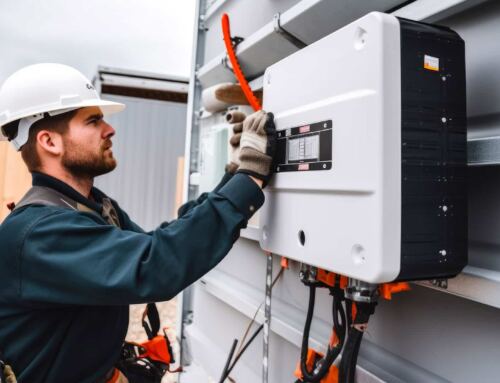
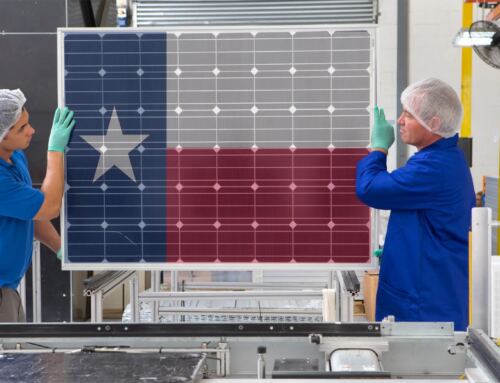
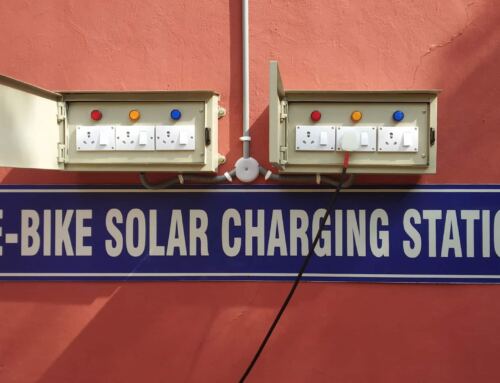


Leave A Comment